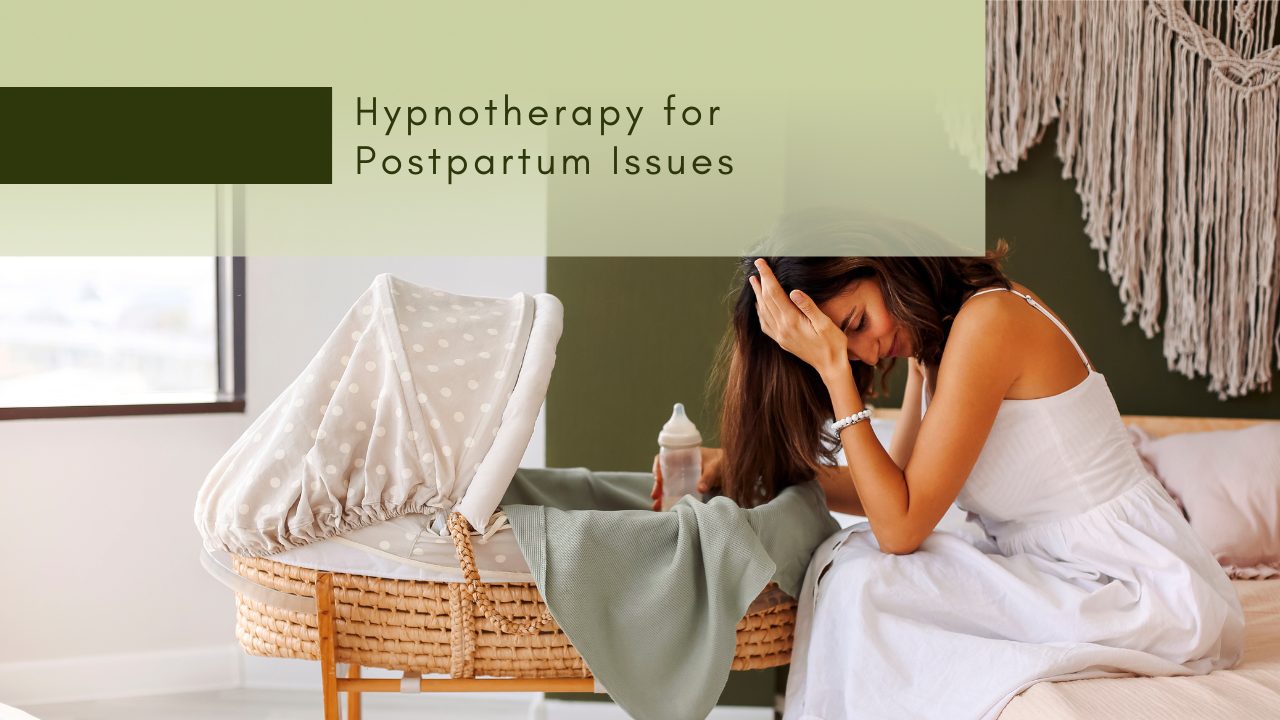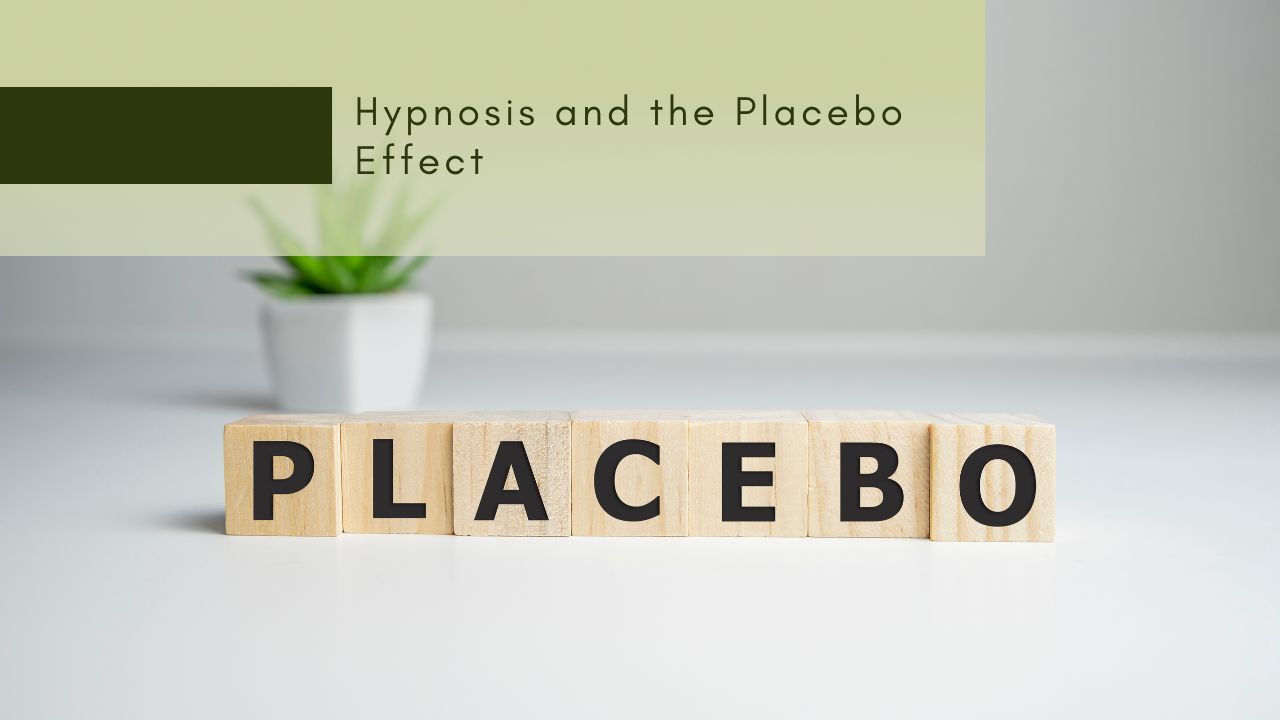Understanding Postpartum Depression and Anxiety
Can you use hypnotherapy for postpartum issues? Postpartum depression and anxiety are two related mental health conditions that affect women after giving birth. They are commonly referred to as perinatal mood disorders and can occur anytime during pregnancy or in the first year after childbirth. These conditions can also affect fathers and partners although they are more commonly associated with mothers.
It’s no secret that we can use hypnotherapy for anxiety and depression.
Postpartum depression is a mood disorder characterized by persistent feelings of sadness, hopelessness, and a lack of interest or pleasure in activities. Common symptoms include:
- Overwhelming sadness
- Loss of interest in activities previously enjoyed
- Fatigue:
- Changes in appetite
- Sleep disturbances
- Difficulty concentrating
- Feelings of guilt or worthlessness
- Thoughts of self-harm or harming the baby
Postpartum anxiety is characterized by excessive worry, fear, and nervousness that can interfere with a new mother’s ability to function and care for her baby. Common symptoms of PPA include:
- Excessive worry
- Racing thoughts
- Physical symptoms
- Irritability
- Difficulty sleeping
- Restlessness
- Physical symptoms
- Overwhelming sadness
- Loss of interest
- Fatigue: Feeling excessively tired, even with enough rest.
- Changes in appetite
- Sleep disturbances
- Difficulty concentrating
- Feelings of guilt or worthlessness
Both postpartum depression and anxiety can have a significant impact on a new mother’s ability to bond with her baby and care for herself and her child. It’s essential to seek help if you or someone you know is experiencing these symptoms because they can be effectively treated with therapy, medication, or a combination of both. Support from loved ones and healthcare professionals is crucial in managing and recovering from these conditions. Early intervention is essential to prevent these conditions from worsening and to promote the well-being of both the mother and the baby.
Traditional Treatment and management approaches
Traditional treatments for postpartum depression and anxiety typically involve a combination of therapeutic interventions, lifestyle adjustments, and in some cases, medication. It’s important to note that the specific treatment plan may vary based on the severity of symptoms, individual preferences, and the guidance of healthcare professionals. Here are some traditional approaches to managing postpartum depression and anxiety:
Psychotherapy (Talk Therapy):
- Cognitive-Behavioural Therapy (CBT)
- Interpersonal Therapy (IPT)
- Supportive Therapy
Medication:
In cases of moderate to severe postpartum depression or anxiety, healthcare providers may prescribe antidepressant or anti-anxiety medications.
Supportive Services:
Support Groups: Joining a support group for postpartum depression and anxiety can provide emotional support, reduce feelings of isolation, and allow individuals to share their experiences with others who understand what they’re going through.
Family and Friends: Involving loved ones in the recovery process can be helpful. Family and friends can offer practical assistance with childcare and household tasks, as well as emotional support.
Self-Care Strategies:
- Sleep: Adequate sleep is crucial for mental health. Finding opportunities to rest and nap when the baby sleeps can be beneficial.
- A balanced diet
- Exercise:
- Stress Reduction Techniques
- Medical Evaluation:
What is the role of Hypnotherapy in Postpartum Well-being
Here’s how hypnotherapy can be beneficial in the context of postpartum well-being:
- Stress Reduction
- Anxiety Management
- Improved Sleep
- Pain Management
- Enhanced Coping Skills
- Boosting Confidence and Self-Esteem
- Bonding and Attachment.
It’s important to note that the effectiveness of hypnotherapy can vary from person to person, and not everyone will respond to it in the same way. Additionally, while hypnotherapy can be a valuable tool for managing certain aspects of postpartum well-being, it should not always be used as a sole treatment for postpartum depression or anxiety. Instead, it should be considered as part of a comprehensive treatment plan that may include therapy, medication, lifestyle changes, and social support as appropriate for each individual.
Stories of success: Mothers Winning with Hypnotherapy
Many mothers have reported success in managing their postpartum anxiety and depression symptoms through hypnotherapy. I has also been effective in promoting better sleep by teaching relaxation techniques and addressing any underlying sleep disturbances. Stress related to the demands of parenting, work, and family life have shown to be alleviated with hypnotherapy.
Hypnotherapy has been shown to boost self-confidence and self-esteem in mothers who may be struggling with self-doubt or feelings of inadequacy and has helped mothers address any emotional barriers to bonding with their babies. By addressing unresolved emotions or fears related to parenting, some mothers have reported an improvement in their relationship with their child.
How to start Hypnotherapy after childbirth
Here’s a step-by-step guide on how to get started with hypnotherapy after childbirth:
Research and Choose a Qualified Hypnotherapist:
Look for a hypnotherapist who specialises in postpartum issues or women’s health.
Ensure they are accredited and licensed in your area and check their credentials and reviews.
At Livewell Hypnotherapy we offer online and onsite services for our local clients. You can book a complementary and obligation free online call to discuss you needs and goals and use this opportunity to ask questions about our approach, experience, and how hypnotherapy can help you specifically. During the call, be open and honest about your postpartum experiences, including any emotional, psychological, or physical challenges you’re facing. We will work with you to develop a personalised treatment plan tailored to your needs.




